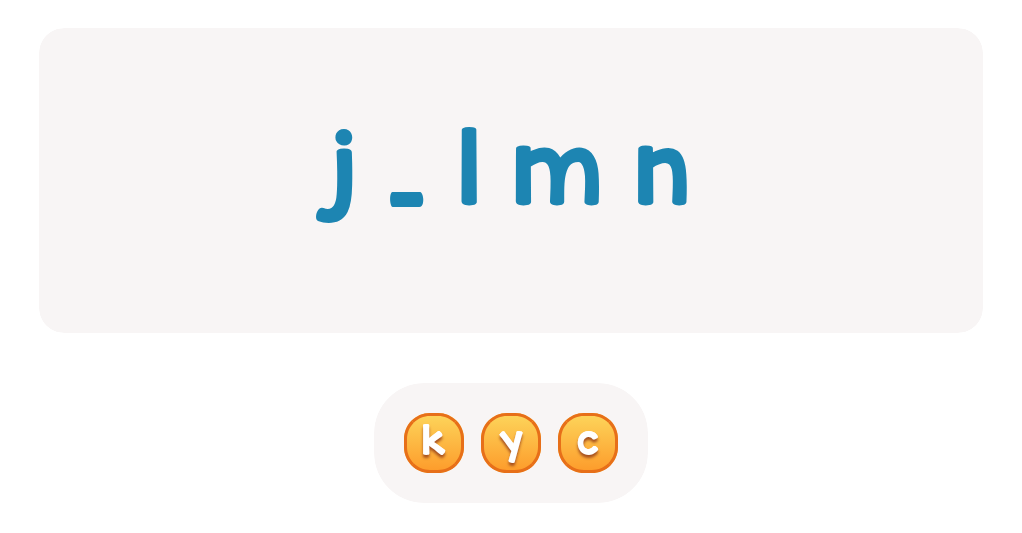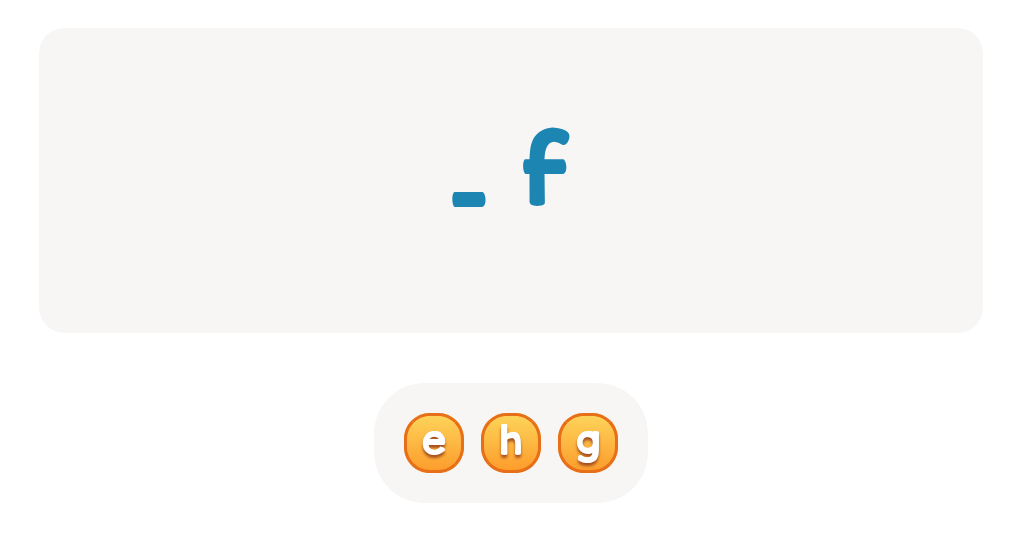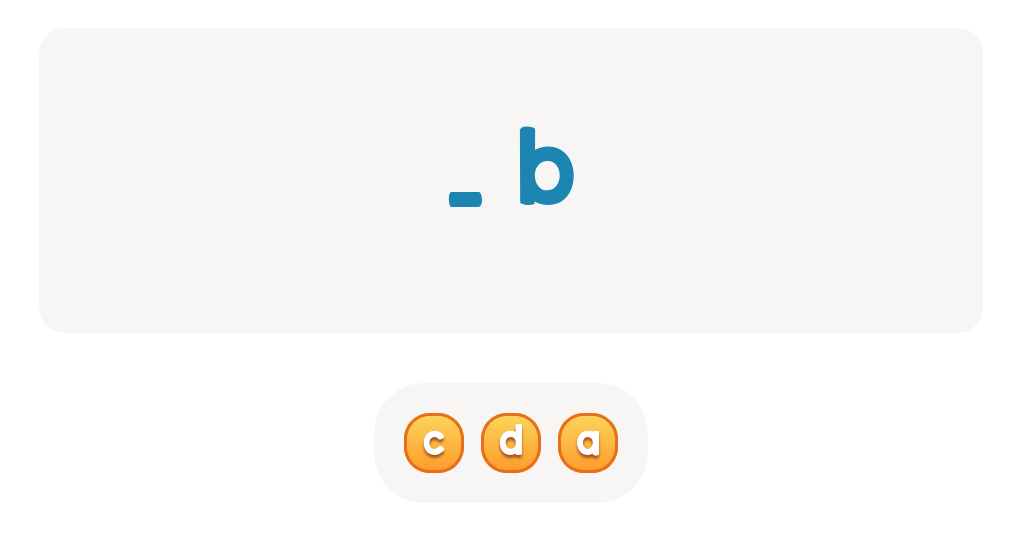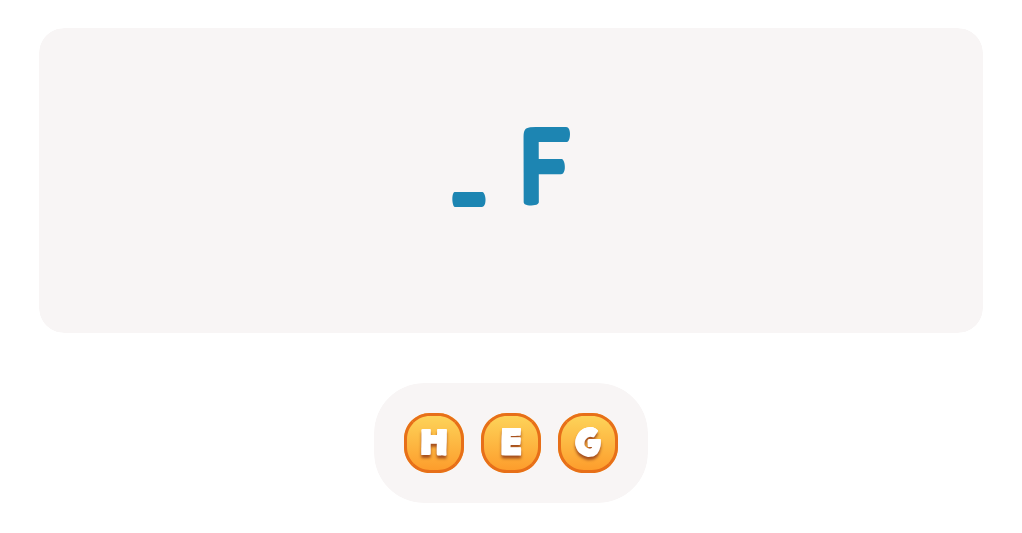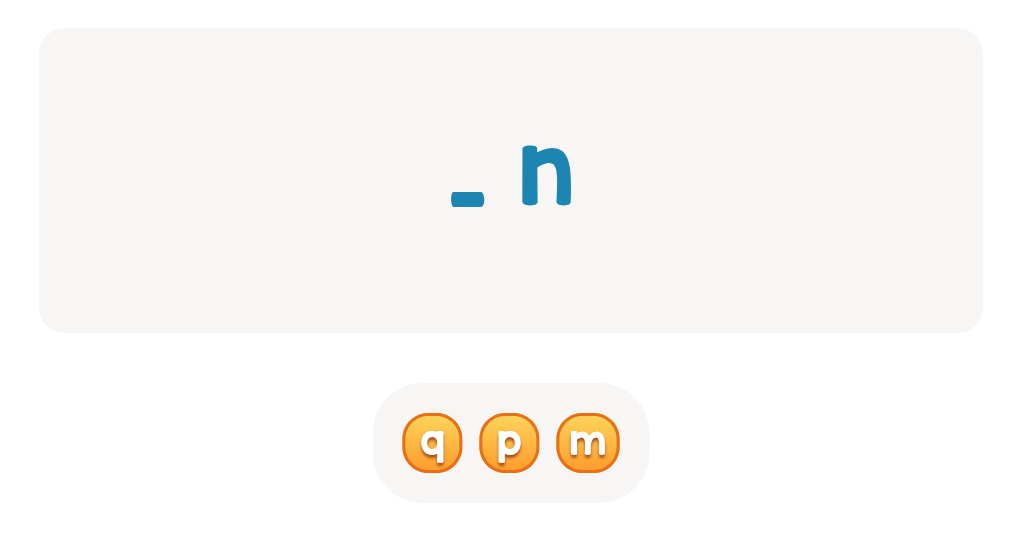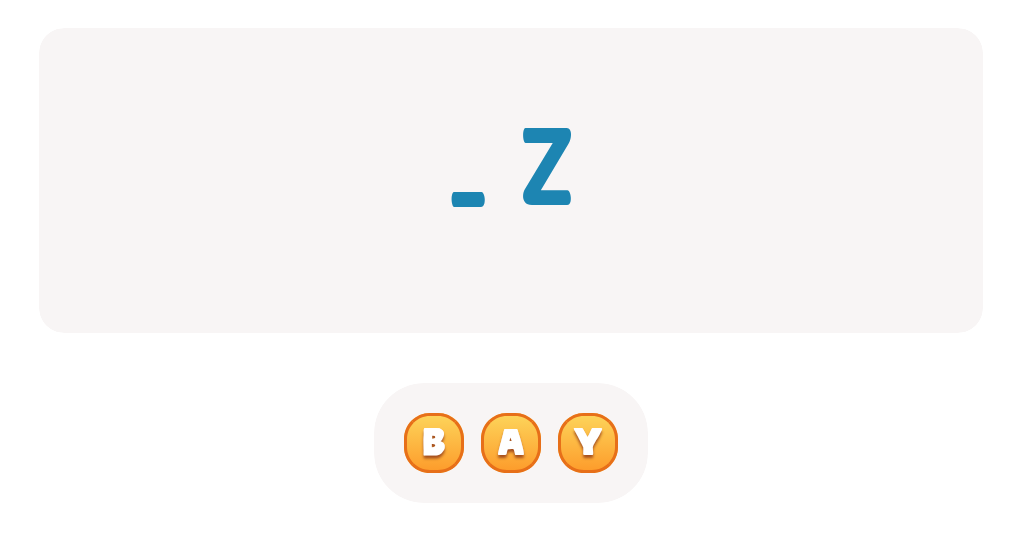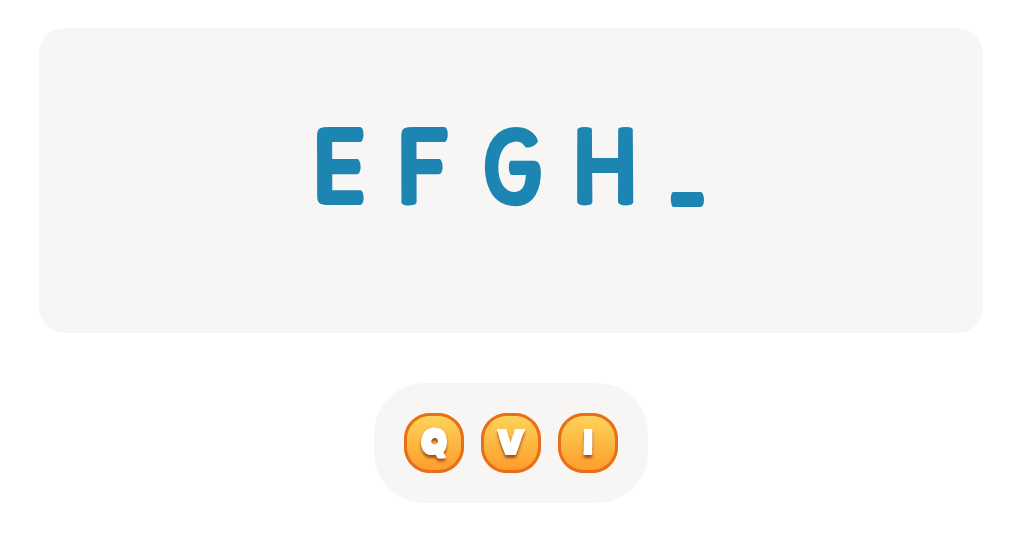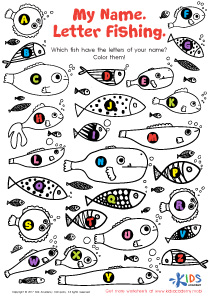Handwriting improvement ABC Order Worksheets for Ages 3-8
3 filtered results
-
From - To
Our Handwriting Improvement ABC Order Worksheets for Ages 3-8 are crafted to enhance young children's writing skills while making learning fun and engaging. These meticulously designed printables focus on proper letter formation, pencil control, and alphabetical order comprehension. Suitable for preschool to early elementary students, each worksheet supports literacy development by combining handwriting practice with alphabet sequencing exercises. Kids can trace, write, and arrange letters with colorful, interactive activities. Ideal for classroom or at-home use, these worksheets foster confidence and creativity in writing, paving the way for academic success and a lifelong love of learning.
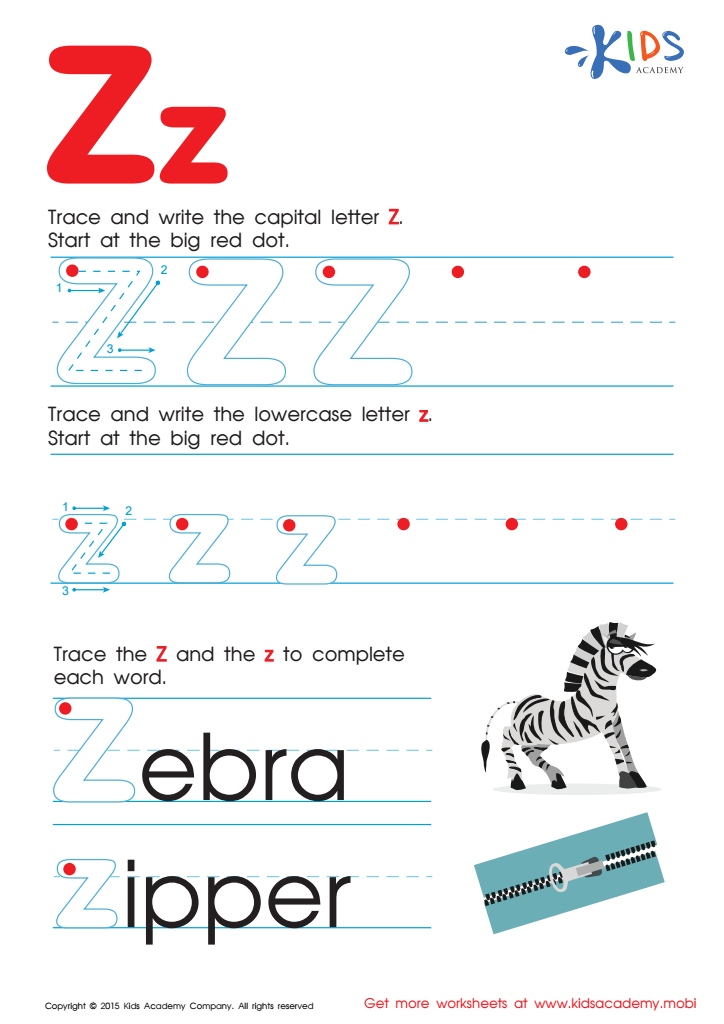

Letter Z Tracing Page
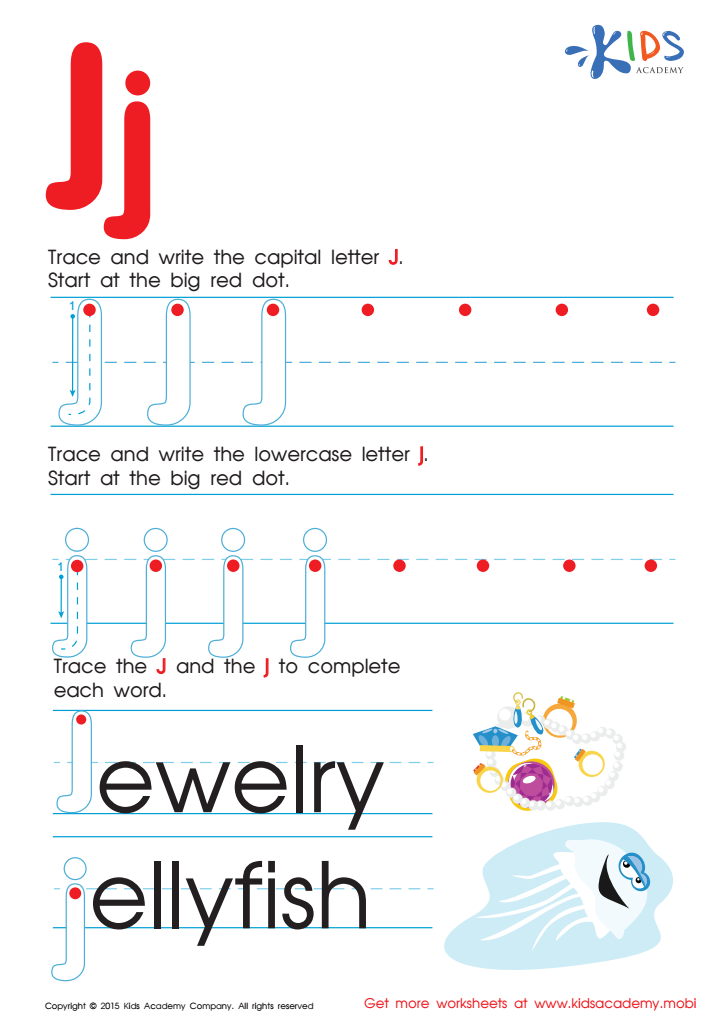

Letter J Tracing Page
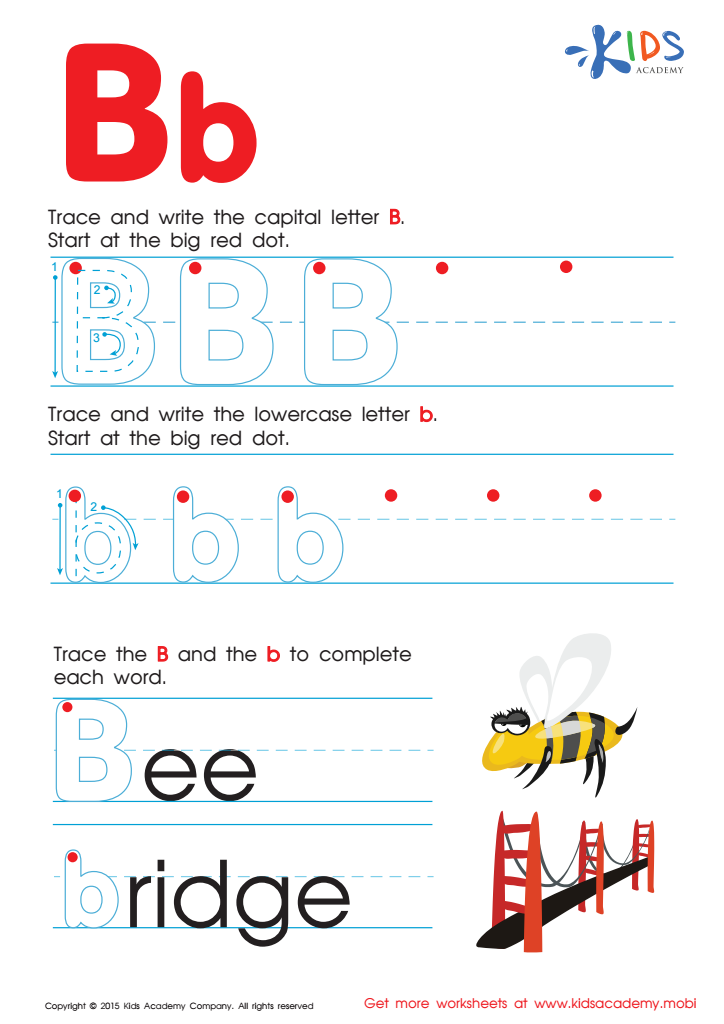

Letter B Tracing Page
Parents and teachers should prioritize handwriting improvement and understanding ABC order for children ages 3-8 because these foundational skills are integral to literacy development and academic success. During these formative years, children are at a critical stage of fine motor skill development. Enhancing handwriting can significantly improve their ability to write legibly and comfortably, building a solid base for attending school and performing later academic tasks.
Good handwriting fosters better reading comprehension since children learn to associate letters with their corresponding sounds more effectively. Practicing ABC order helps children become familiar with the alphabet, crucial for reading, writing, and spelling. Knowing the alphabet in sequence aids in alphabetical literacy skills, such as looking up words in dictionaries or navigating indexes.
Moreover, handwriting improvement promotes cognitive benefits, including memory, attention to detail, and understandability. When children practice ABC order and improve their writing, they engage multiple learning modalities — visual, auditory, and kinesthetic — which reinforces their overall learning experience.
Finally, handwriting is an essential life skill that extends beyond academics. Effective handwriting and a smooth command of ABC order aid daily activities like making lists, completing forms, and clear communication. Thus, investing in these foundational skills grants children tools that can aid in lifelong learning and personal development.
 Assign to My Students
Assign to My Students
